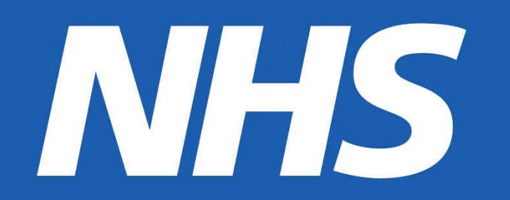The government has published MP Jonathan Gullis’ Private Member’s Bill on reforms to auto-enrolment (AE), which passed its second reading without debate today (3 March) .
The bill, which would make provisions for the extension of AE to jobholders under the age of 22 and the reduction or removal of the qualifying earnings threshold, has also received backing from the Department for Work and Pensions (DWP).
In the accompanying notes to the most recent bill, the government estimated that the first year of the full implementation of the policy would cost around £2bn, made up of £0.8bn of extra employer contributions, £0.9bn of extra employee contributions and £0.2bn of income tax relief.
This estimate is approximately half of the £3.8bn estimate that was detailed in the 2017 AE Review.
The government stated that the estimated cost could be lower initially if the measures were phased in over a number of years, although there could be further costs of around £0.3bn reflecting how employees/employers respond to the changes and a small additional business administration cost.
WTW senior consultant, David Robbins, noted that the key points of the bill were that it would allow the government to reduce the age threshold by regulation, and reduce or abolish the lower qualifying earnings threshold by regulation.
He added that this would allow the age threshold and lower qualifying earnings threshold to be reduced in a phased way if the government chose to do so.
Concerns have been growing about the likelihood of the 2017 AE Review being implemented by the mid-2020s, as initially outlined by the government.
Earlier this year, Pensions Minister, Laura Trott, suggested that she was keen for a timeline for the implementation of the 2017 AE Review to be set out once there was a ‘collective agreement’.
Commenting on the bill's second reading, Hymans Robertson partner, Michael Ambery, stated: “We strongly believe that increasing the availability of pensions to all is key to eradicating future pensioner poverty, and fully support the Private Members Bill.
"As an industry, we would welcome any attempts to encourage employers to review their pension provision and accessibility to increase inclusion."
However, Ambery argued that whilst todays reading is a step in the right direction, a "sea-change is needed".
"We would like to see no restrictions by way of earnings for contribution (i.e. from first pound without upper limit), AE being open to everyone whether in employment or self-employed (including ‘gig’ economies) as well as the removal of any upper age limit," he continued.
"A review on minimum levels of contribution from the 8 per cent, supported by the work of the Pensions and Lifetime Savings Association (PLSA), is key to this and we look forward to hearing from the Pensions Minister, and government in due course.”
A Private Member’s Bill on extending AE, which also proposed lowering the age and lower qualifying earnings thresholds, was previously published in February 2022, although this never passed the second reading stage.
Latest News
-
Govt urged to prioritise pension policy stability in Spring Statement
-
Just Group underlying operating profit falls by 39%
-
Employers warned modest pension defaults risk worsening adequacy gap
-
Aegon updates modelling tool to help members benchmark retirement needs
-
News in brief - 27 February 2026
-
PPF levy to remain at zero for 2026/27
Private markets – a growing presence within UK DC
Laura Blows discusses the role of private market investment within DC schemes with Aviva Director of Investments, Maiyuresh Rajah
The DB pension landscape
Pensions Age speaks to BlackRock managing director and head of its DB relationship management team, Andrew Reid, about the DB pensions landscape
Podcast: From pension pot to flexible income for life

Podcast: Who matters most in pensions?

In the latest Pensions Age podcast, Francesca Fabrizi speaks to Capita Pension Solutions global practice leader & chief revenue officer, Stuart Heatley, about who matters most in pensions and how to best meet their needs
© 2019 Perspective Publishing Privacy & Cookies











Recent Stories